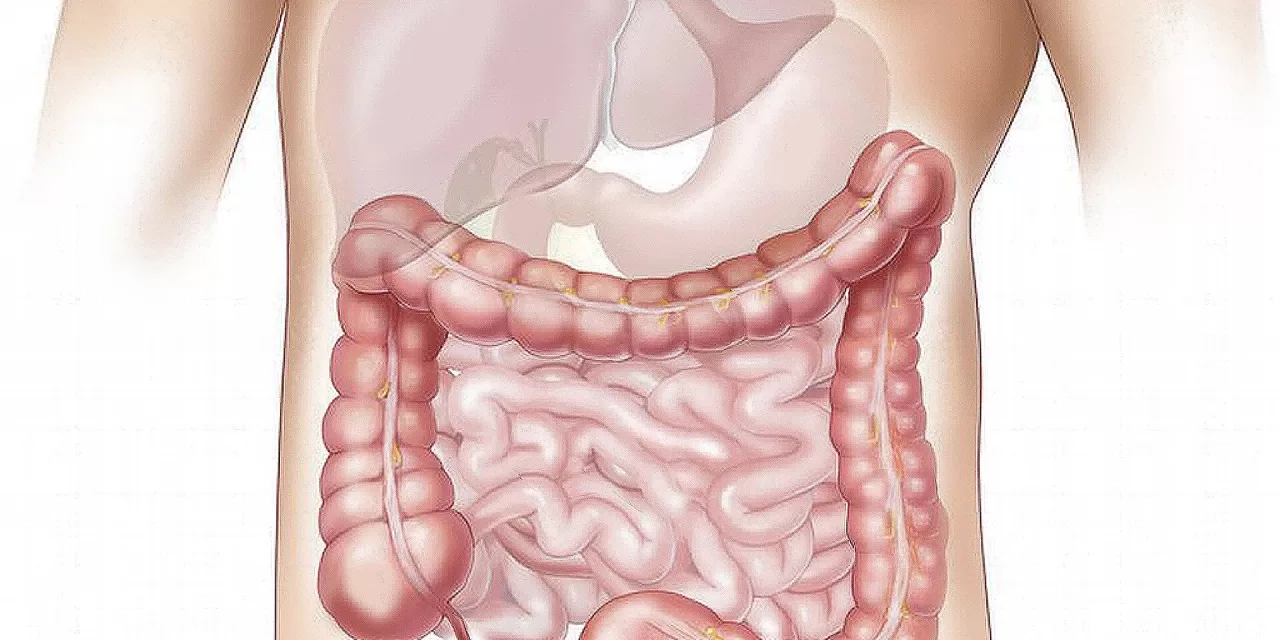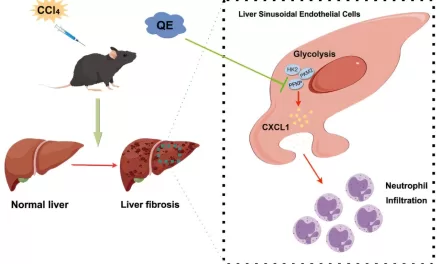PITTSBURGH, PA – A new study reveals that common gut bacteria can metabolize certain oral medications, potentially diminishing their effectiveness. Researchers from the University of Pittsburgh and Yale University, whose findings were published in Nature Chemistry, discovered that these bacteria can alter drugs targeting G protein-coupled receptors (GPCRs), a class of cellular receptors targeted by over 400 FDA-approved medications.
GPCR-targeting drugs are used to treat a wide array of conditions, including migraines, depression, type 2 diabetes, and prostate cancer. The study highlights the potential for gut bacteria to significantly impact the efficacy of these crucial treatments.
“Understanding how GPCR-targeted drugs interact with human gut microbiota is critical for advancing personalized medicine initiatives,” stated Qihao Wu, Ph.D., assistant professor at the Pitt School of Pharmacy and lead author of the study. “This research could help open up new avenues for drug design and therapeutic optimization to ensure that treatments work better and safer for every individual.”
The research team constructed a synthetic microbial community of 30 common gut bacterial strains and tested their interactions with 127 GPCR-targeting drugs. They found that 30 of these drugs were metabolized by the bacteria, with 12 experiencing significant depletion due to transformation into other compounds.
One drug, iloperidone, used to treat schizophrenia and bipolar I disorder, was heavily metabolized by the bacterium Morganella morganii. This bacterium transformed iloperidone into various compounds, both in laboratory settings and in mice, potentially reducing its therapeutic effect.
“Overall, the findings suggest that specific gut bacteria could make GPCR-targeting drugs less effective by transforming them into other compounds,” Wu explained.
The researchers also noted that their testing pipeline could be used to study interactions between gut bacteria and food compounds, such as phytochemicals found in corn. They observed that the gut microbiome might play a role in detoxifying potentially harmful food compounds.
The Wu Lab’s future research will focus on decoding the metabolic pathways involved in these biotransformations, with the aim of developing strategies to improve drug efficacy and ensure food and drug safety.
Disclaimer: This article is based on a scientific study and is intended for informational purposes only. The information provided should not be interpreted as medical advice. Patients should not stop taking or change their medication without consulting their healthcare provider. Further research is needed to fully understand the clinical implications of these findings in humans.(More information: Activity of GPCR-targeted drugs influenced by human gut microbiota metabolism, Nature Chemistry (2025). DOI: 10.1038/s41557-025-01789-w)












